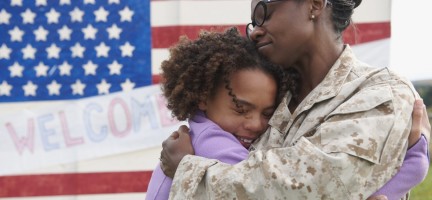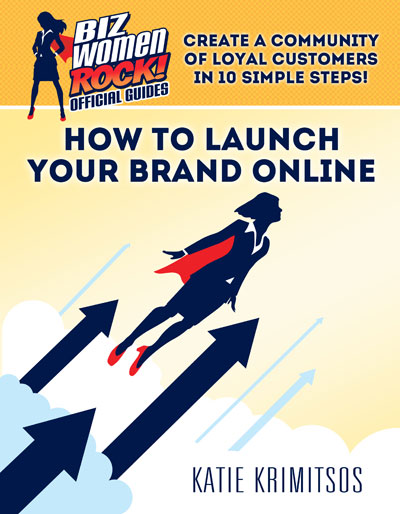
Why Women Veterans Are the Fastest-Growing Group of Entrepreneurs
Between 2007 and 2012, according to preliminary data from the Survey of Business Owners, the number of businesses owned by women veterans increased by an astonishing 296 percent, to reach a total of 384,548 businesses, up from about 130,000. “The growth of veteran women entrepreneurship has been higher than any other segment of the entrepreneurship economy,” says Carla Harris, chair of the National Women’s Business Council.
During that same time period, by comparison, the number of businesses owned by male veterans actually decreased by 7 percent. And the total number of businesses, nationwide, grew by about 2 percent.
Part of the rise is no doubt due to the fact that the number of female veterans has increased dramatically in the past few years: In 2013, there were an estimated 2.2 million female veterans, compared with 1.5 million in 2009. Male and female veterans have also faced different challenges in finding civilian work. Changes in government contracting guidelines, and an awareness of those changes, has made it more attractive for women to own businesses; and there has been an increasing number of resources available to women and veterans who want to become entrepreneurs.
There’s also a caveat: Although the number of women veteran-owned businesses has obviously boomed, the total revenue garnered by those businesses is up just 26 percent during that same time frame. Yes, many of these businesses are young, but the relatively small increase in total receipts suggests that only a fraction of these companies are being built to grow. “We have to shift the focus to scaling these businesses,” says Amanda Brown, executive director of the NWBC. “Even if you are in a lifestyle business, there are ways to grow and scale that.”
Entrepreneurship by necessity
Perhaps the biggest factor encouraging women veterans to start their own companies has been their unusually high unemployment rates. While unemployment rates among veterans have generally been lower than those of the general population, this has not been the case among young women returning from Afghanistan and Iraq. According to data from Syracuse University, the overall female veteran unemployment rate from 2008 to 2012 was 11.1 percent, compared with 7.1 percent for other women. Among young female veterans, the numbers were way worse: In 2011, female veterans who were 20 to 24 years old had an unemployment rate of 35.4 percent.
Female veterans are more likely to have children to take care of than male veterans, says James Schmeling, co-founder of Syracuse University’s Institute for Veterans and Military Families, making it harder for them to find and hold down a job. Brown says female veterans may find it harder to translate their military experience to the civilian world.
Beth Graeme, the owner of Mechanicsville, Maryland-based Grambo Creative, didn’t initially have to worry too much about translating her military experience to the private sector: She found a job with a contractor, supporting the same type of ships she’d supported in the Navy. At the time, her husband was still in Afghanistan, also working as a contractor. But being an employee, and a de facto single parent, was tough on Graeme: “With a full household of kids, it was hard to be the only person here and manage everything and have a full-time job,” she says. “Being a female in an all-male shop, I kind of got these eyes on me when I had to take time off for child care purposes.”
Graeme didn’t think a part-time job would be much of an improvement, since she could hardly predict when her kids would need her. In 2012, she launched Grambo Creative, offering web design and photography services. Now, she says, “Whenever I need to make money, I make it.” The company has been a one-woman show until recently, when Graeme hired two people part time. She wants the business to grow–when her family is good and ready. Entrepreneurship has already provided an important benefit, says Graeme: “I needed to get out of a place where I felt like being a girl wasn’t accepted.”




Leave a Reply